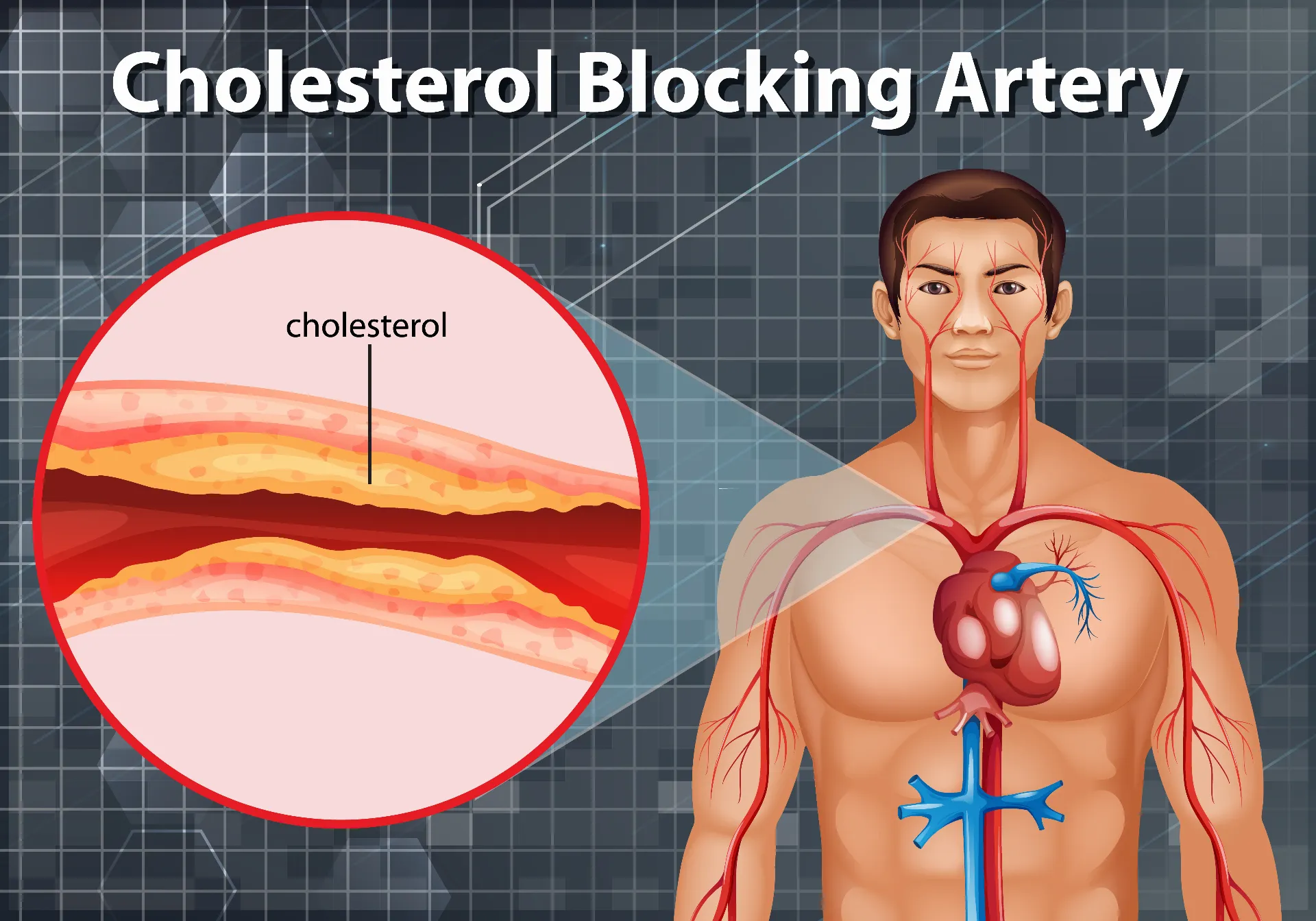An abdominal aortic aneurysm is a bulging or enlargement in the lower part of the aorta — the main blood vessel that carries blood from the heart to the rest of the body. If the aneurysm grows large or ruptures, it can cause life-threatening bleeding. Surgery is performed to prevent rupture.

Open Surgical Repair (OSR)
Procedure: The surgeon makes a large incision in the abdomen, removes the damaged section of the aorta, and replaces it with a synthetic graft (tube).
Best For: Younger patients, or when the aneurysm’s shape or location isn’t suitable for endovascular repair.
Hospital Stay: 7–10 days
Recovery Time: 6–12 weeks
Endovascular Aneurysm Repair (EVAR)
Procedure: A stent-graft (metal mesh tube covered with fabric) is inserted through small groin incisions using catheters and guided into the aorta to reinforce its walls.
Best For: Older patients or those with higher surgical risks.
Hospital Stay: 2–3 days
Recovery Time: 2–4 weeks
When Surgery is Needed
Aneurysm size > 5.5 cm
Rapid growth (more than 0.5 cm in 6 months)
Presence of pain or tenderness
Risk of rupture or leaking
Risks & Complications
Bleeding or infection
Kidney damage
Graft leakage (endoleak in EVAR)
Heart or lung complications
Rarely, paralysis (if blood flow to spinal cord is affected)
Post-Surgery Care
Regular imaging (CT scan/ultrasound) to monitor graft
Blood pressure control
No smoking or alcohol
Light exercise as advised by doctor
Healthy diet for heart and vessel health